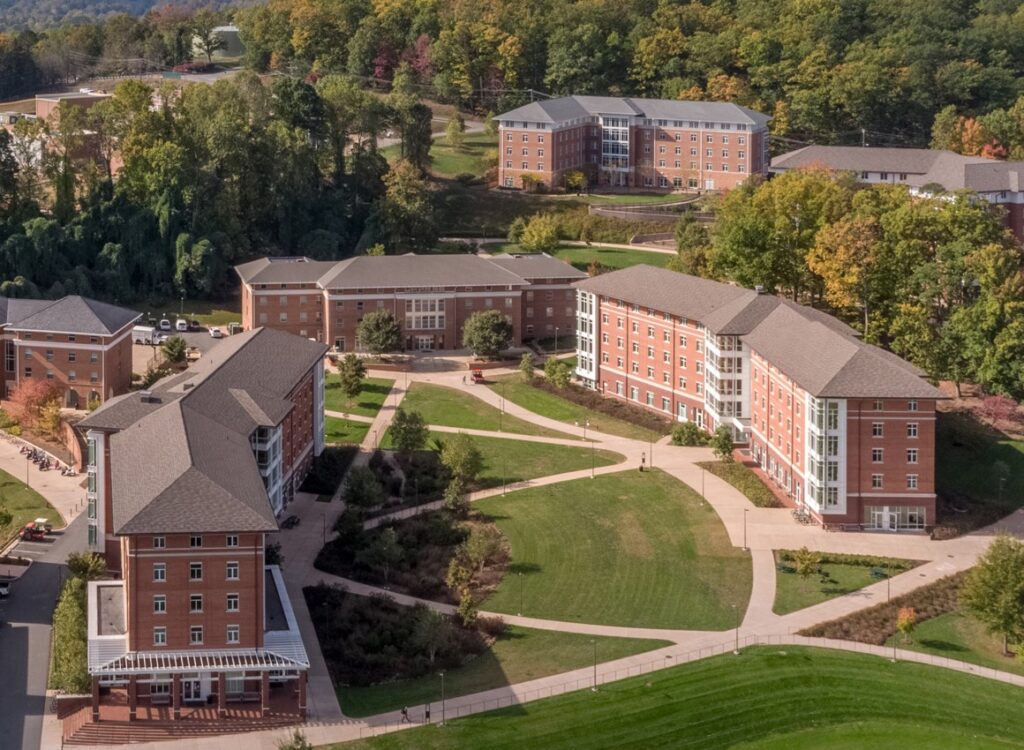No more legacy college admissions

Virginia Gov. Glenn Youngkin has so far signed 64 bills passed by the General Assembly into law, amended 12, and vetoed 20.
One of the measures signed by Youngkin prohibits legacy admissions and admissions based on donor status at public institutions of higher education (House Bill 48).
As a result, colleges and universities will no longer be able to give preferential treatment to applicants based on their connections to alumni or who have relatives who make donations to the school.
The law will take effect on July 1, after admissions decisions have already been announced for fall 2024.
The measure will have the biggest impact on two of the state’s most competitive universities, the University of Virginia and William & Mary. Virginia Tech previously announced it is ending legacy admissions.
Critics of legacy admissions, including the bill’s sponsor, Sen. Schuyler Van Valkenburg (D-Richmond), said the practice rewards privilege rather than merit. That’s especially important after the Supreme Court declared race-based admissions unconstitutional.
Among the 20 bills vetoed by Youngkin:
- Book censorship – Youngkin vetoed HB 571, which states that the model policies requiring parental notification of instruction materials that include sexually explicit content should not be construed to permit the censoring of books in any public elementary or secondary school.
- Child abuse – House Bill 833 says a parent should not be charged with child abuse or neglect or denied custody or visitations based on their possession or use of legally authorized substances.
- Isolated confinement – HB 1244 would have restricted the use of isolated confinement for incarcerated persons.
- Voter registration – This bill (HB 1177), vetoed by Youngkin, would have required Virginia to maintain membership in the Electronic Registration Information Center. ERIC helps states increase access to voter registration.
- Firearm transfers – Youngkin vetoed HB 46, which would have regulated the transfer of a firearm from a person who is prohibited from possessing a firearm because of a protective order or a conviction for assault of a family or household member.
- Employment discrimination – HB 569 would have required employers receiving a discrimination complaint to notify the employee that they can file a charge with the U.S. Equal Employment Opportunity Commission or the Office of the Attorney General
- Wage history – HB 990 would have prohibited employers from seeking the wage or salary history of a job applicant.
- Invasive plants – HB 1167 would have allowed localities to adopt an ordinance prohibiting the sale of English ivy.
Youngkin signed the following bills after amending them:
- Contraceptives – The original bill (HR 238) would have required health insurance carriers to cover contraceptive drugs and devices. Youngkin amended the bill to exclude non-governmental plan sponsors with religious or moral beliefs against providing birth control.
- Firearm storage – The original bill (HB 498) would have required school boards to annually notify parents about their legal responsibility to safely store firearms, the risks associated with improperly stored firearms, and statistics on firearm-related accidents causing injuries and deaths among youths. Youngkin’s amended version calls for the establishment of a workgroup to create a comprehensive list of parental rights and responsibilities and a method for distributing the list to parents.
The House Democratic Caucus responded to those actions by stating: “The governor’s choice to veto and offer overzealous amendments to these critical pieces of legislation will do nothing more than ensure that guns are left in the hands of domestic abusers, restrict access to reproductive healthcare, and threaten our democracy and our voting rights.”
According to the caucus, Youngkin “showed his allegiance to power-hungry MAGA extremists and, yet again, every Republican in the General Assembly has bent the knee to a man who boasts about his role in overturning women’s healthcare and inciting attacks on democracy.”
In addition to the bill on legacy admissions, Youngkin signed these bills:
- Marriage – Marriage licenses cannot be denied on the basis of the sex, gender, or race of the applicants (HB 174, SB 101).
- Hazing – Physical health education must include instruction on research-based hazing prevention (SB 379, HB 719).
- Guardians – Guardians and conservators have to file a report within the first four months and annual reports after that (HB 115, SB290).
- School records – Superintendents are required to notify the superintendent of another district of any scholastic and disciplinary records for students transferring school. (HB 1317, SB 443).
- Residential tenants – Members of the military who must vacate a rental property due to a reassignment can terminate a lease agreement (HB 352, SB 213).
- Student literacy – Several provisions of the 2022 Virginia Literacy Act are revised to clarify the term “evidence-based literacy instruction” (HB 647, SB 624).
- Recovery residences – These institutions will be required to report deaths and serious injuries to the state Department of Behavioral Health and Developmental Services (SB 19).
- Virtual meetings – Public entities cannot hold more than two virtual meetings a year, and not more than 50 percent of a public body’s meetings can be held virtually (HB 894, SB 734).
- State pollinator – The European honey bee is designated as Virginia’s official state pollinator (HB 517).
Hundreds of additional bills were submitted to the governor to be signed, vetoed, or amended. For more information on specific bills, visit the Virginia Legislative System.


Seems to be more common sense vetoes, modifications and approvals (signed into law), than the rhetoric about the governor’s actions. I’m sure folks can and will argue over everything. Compromise is hard. Finding a reasonable middle path is hard. Because in both cases the extremists, be they Democrats or Republicans, will attack with over-the-top accusations & rhetoric.